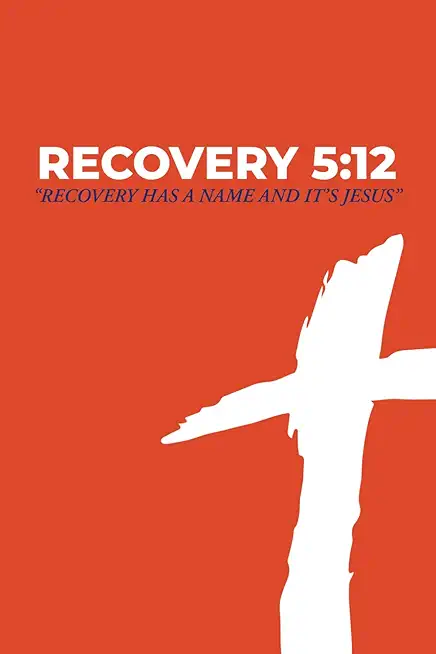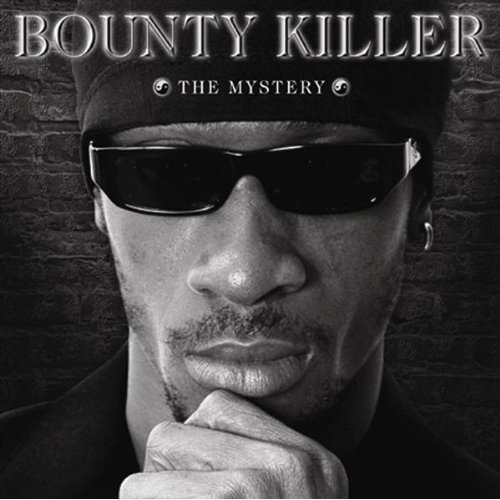
Frederiksen, Lisa
product information
description
ion Americans (and hundreds of millions more worldwide) affected by someone's drinking, this book is for you. This updated version explains what it is about coping with a loved one's drinking that is so harmful to the family member's physical and emotional health. It answers questions like: why is alcoholism considered a brain disease? what does it take to treat it? why is alcoholism different than alcohol abuse? and what does the brain, adverse childhood experiences, secondhand drinking, and toxic stress have to do with all of this? This 10th Anniversary Edition not only shares these answers in comprehensible language, but it offers suggestions for helping yourself. Because no matter how much you love someone whose drinking affects your life, and no matter how much they love you back, love will not and cannot make them stop. The good news is that it's entirely possible for you to truly enjoy your life -- whether your loved one stops drinking or whether you continue your relationship with them, redefine it, or end it altogether. Additionally, this 10th Anniversary Edition can help those who are struggling with a drinking problem understand what has happened to them and what they can do to change and/or treat it. It can also help family members whose loved ones have an opioid or other drug use disorder. Educators; treatment and medical professionals; family law practitioners; juvenile and criminal justice professionals; community, business, and public policy leaders and others whose work involves substance use disorders and their impacts on family members, co-workers, and the community-at-large can benefit from reading this book, as well.
member goods
No member items were found under this heading.
Return Policy
All sales are final
Shipping
No special shipping considerations available.
Shipping fees determined at checkout.







